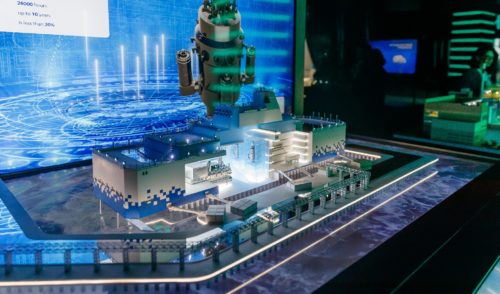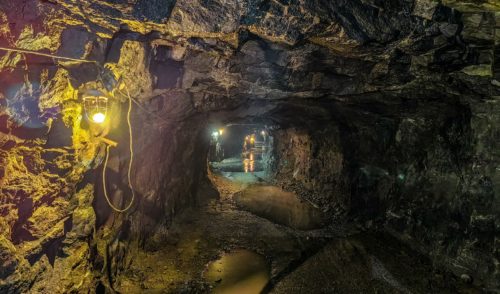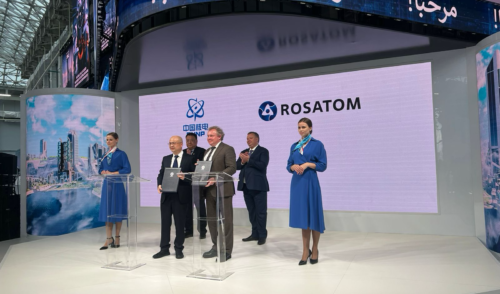
Uncertainty Over AP1000 Reactors in India
back to contentsAfter Toshiba announced the closure of its nuclear construction business, India has not received any comment yet from either Toshiba or its subsidiary Westinghouse. “We have no official information on this matter. We have learned from media and press releases only that the construction of AP1000 reactors in the United States will be completed. As to other projects, including those in the UK and India, no decision has been made yet,” said Dr. Sekhar Basu, head of India’s Department of Nuclear Energy.
India is keeping alive the hope that Toshiba’s financial problems will somehow be resolved and the projects will be delivered as planned.
“Such big companies do not usually go out of their existence. We heard that someone is going to finance Toshiba – be it the Japanese government or a Japanese bank,” The Hindu newspaper cites an unknown Indian official. Although the construction of AP1000 reactors has not been started yet, the parties have earlier agreed to start site preparations.
Toshiba’s decision is related to the future write-off of its losses worth 6 billion dollars. It was also reported that Toshiba may dismiss some of its top managers due to massive financial losses incurred in its nuclear business. Another rumor circulating in the press has it that Toshiba may sell its share in Westinghouse. Japan’s Mitsubishi Heavy Industries is said to be one of potential buyers. The problem is, however, that MHI is collaborating with Areva on designing the ATMEA-1 Generation 3+ light-water reactor. Another prospective buyer is South Korea’s KEPCO, a supplier of components for AP1000 reactors. Besides, KEPCO is holding talks on investing in the construction of AP1000-based Moorside nuclear power plant in the UK. KEPCO has its own successful nuclear reactor APR-1400, and it is therefore unclear whether the company needs to have control over the rival project.
It should be noted that Toshiba has its own Advanced Boiling Water Reactor (ABWR) designed jointly with General Electric when the two companies were partners. The technology is in no demand after the Fukushima accident.




